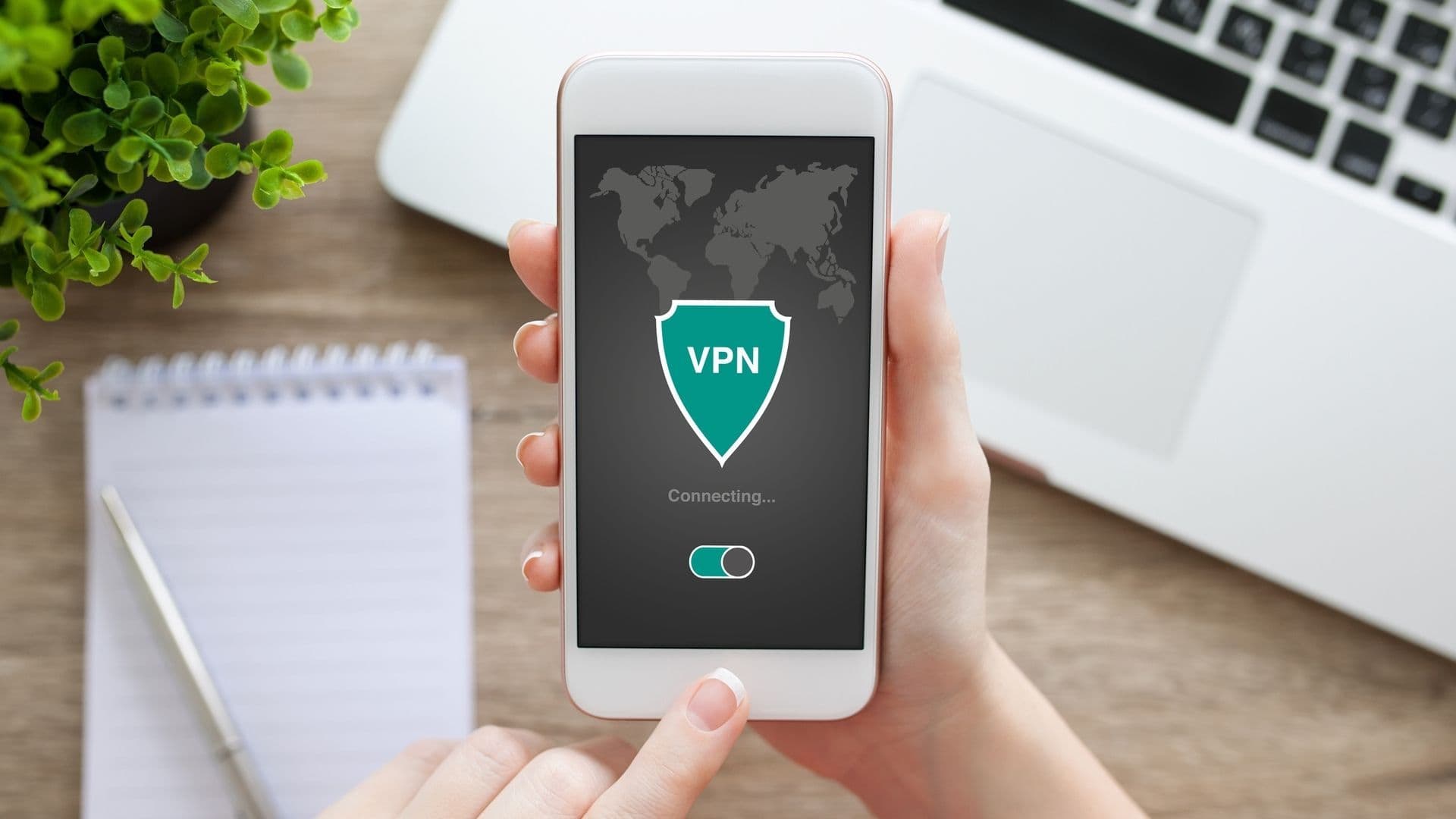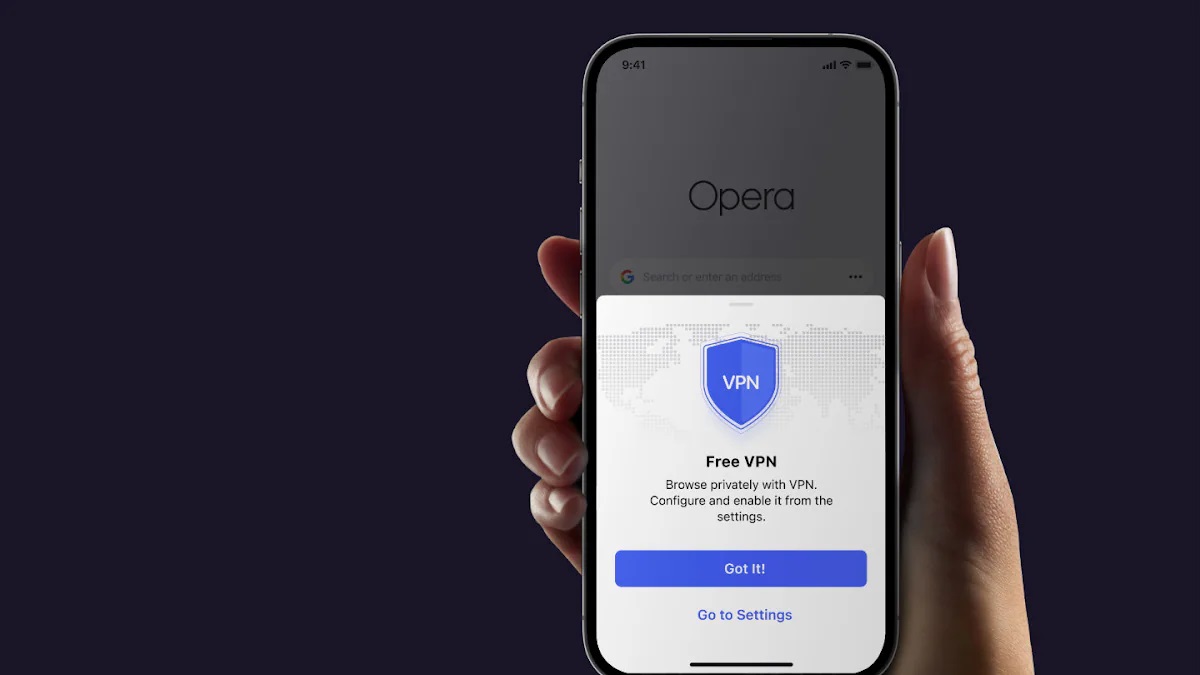Home>Software and Apps>VPN-Enabled Data Leaks: A Troubling Reality


Software and Apps
VPN-Enabled Data Leaks: A Troubling Reality
Modified: September 5, 2024
Protect your software and apps from VPN-enabled data leaks. Learn how to secure your data and prevent potential breaches. Stay safe with our expert tips.
(Many of the links in this article redirect to a specific reviewed product. Your purchase of these products through affiliate links helps to generate commission for Techsplurge.com, at no extra cost. Learn more)
Table of Contents
Understanding VPNs and Data Leaks
Virtual Private Networks (VPNs) create secure, encrypted connections over the internet. This service protects sensitive data from interception by third parties like hackers or ISPs. VPNs route internet traffic through servers in different locations, masking IP addresses and making online activities harder to track.
Despite these benefits, VPNs can still experience data leaks. These leaks can expose sensitive information such as IP addresses, browsing history, and personal data.
Read more: iOS VPN: Data Leakage Enabled When?
Causes of VPN-Enabled Data Leaks
Poor Configuration
- Mismatched VPN/Operating System Configuration: Data leaks often occur due to mismatched configurations between the VPN and the operating system. For example, if a VPN does not support IPv6 but the operating system uses IPv6 by default, DNS data leaks can happen.
Outdated Protocols
- PPTP Vulnerabilities: The Point-to-Point Tunneling Protocol (PPTP) is an older VPN protocol with several vulnerabilities. It lacks robust authentication and encryption, making it less secure compared to newer protocols like OpenVPN.
Cheap or Free VPN Services
- Lack of Encryption and Logging Policies: Inexpensive or free VPN services often lack strong encryption and have poor logging policies. These services may spy on users and sell their data to third parties.
Kill Switch Issues
- Automatic Kill Switch: The kill switch feature automatically terminates the network connection if the VPN drops. If this feature is not enabled or malfunctions, data leaks can occur.
WebRTC Leaks
- Browserleaks Service: WebRTC can leak IP addresses even when connected to a VPN. The Browserleaks service tests for WebRTC leaks. Users should avoid services that do not support WebRTC or ensure their VPN provider has measures to prevent these leaks.
Reputation and History of the VPN Provider
- Historical Data Leaks: Even reputable VPN providers can experience data breaches. Research the history of the VPN provider to see if they have had past breaches and how they handled them.
Jurisdiction and Data Laws
- Data Jurisdiction: The location of the VPN provider affects data privacy. Avoid VPN providers based in countries that are part of the 5-EYES, 9-EYES, or 14-EYES alliances, as these countries may force the VPN to hand over data logs.
Read more: Netflix VPN Troubles
Consequences of VPN-Enabled Data Leaks
Identity Theft
Exposed personal data can be used for identity theft, allowing hackers to impersonate victims and access financial information, social media accounts, and other sensitive details.
Credit Card Fraud
Leaked credit card information can be used for fraudulent transactions, leading to financial losses.
Surveillance
Exposed IP addresses and browsing history can be used for surveillance by governments or other entities, compromising privacy.
Read more: Android Leaks Traffic with Always-On VPN
Black Market Sales
Stolen data can be sold on the black market, further compromising security and privacy.
Doxxing
Personal information can be used to dox individuals, exposing their real-world identities and potentially leading to harassment or other forms of abuse.
Ways to Avoid VPN-Enabled Data Leaks
Use a Reputable VPN Service
Choose a VPN service with a good reputation and transparent logging policies. Avoid cheap or free VPN services that may spy on you and sell your data.
Check Encryption Mechanisms
Ensure your VPN uses strong encryption mechanisms such as AES-256. Look for features like double encryption for additional security.
Enable Kill Switch
Enable the automatic kill switch feature to ensure your network connection is terminated immediately if the VPN connection drops, preventing potential data leaks.
Test VPN Configuration
Use tools like Wireshark to test your VPN configuration and ensure there are no unencrypted DNS and IPv6 information leaks.
Use Browserleaks Service
Test for WebRTC leaks using the Browserleaks service to ensure your VPN provider has measures to prevent these leaks.
Read more: Unlimited Data: The Key to Free VPN
Research VPN Provider’s History
Research the history of the VPN provider to see if they have had past breaches and how they handled them. A provider that is transparent about past breaches and has taken immediate action to fix them is more trustworthy.
Choose a VPN Based in Friendly Jurisdiction
Avoid VPN providers based in countries that are part of the 5-EYES, 9-EYES, or 14-EYES alliances, as these countries may force the VPN to hand over data logs, compromising privacy.
VPN-enabled data leaks are a troubling reality that users must be aware of. While VPNs are essential for maintaining online privacy and security, they are not foolproof. By understanding the causes of data leaks and following best practices, users can minimize the risk of these leaks.











